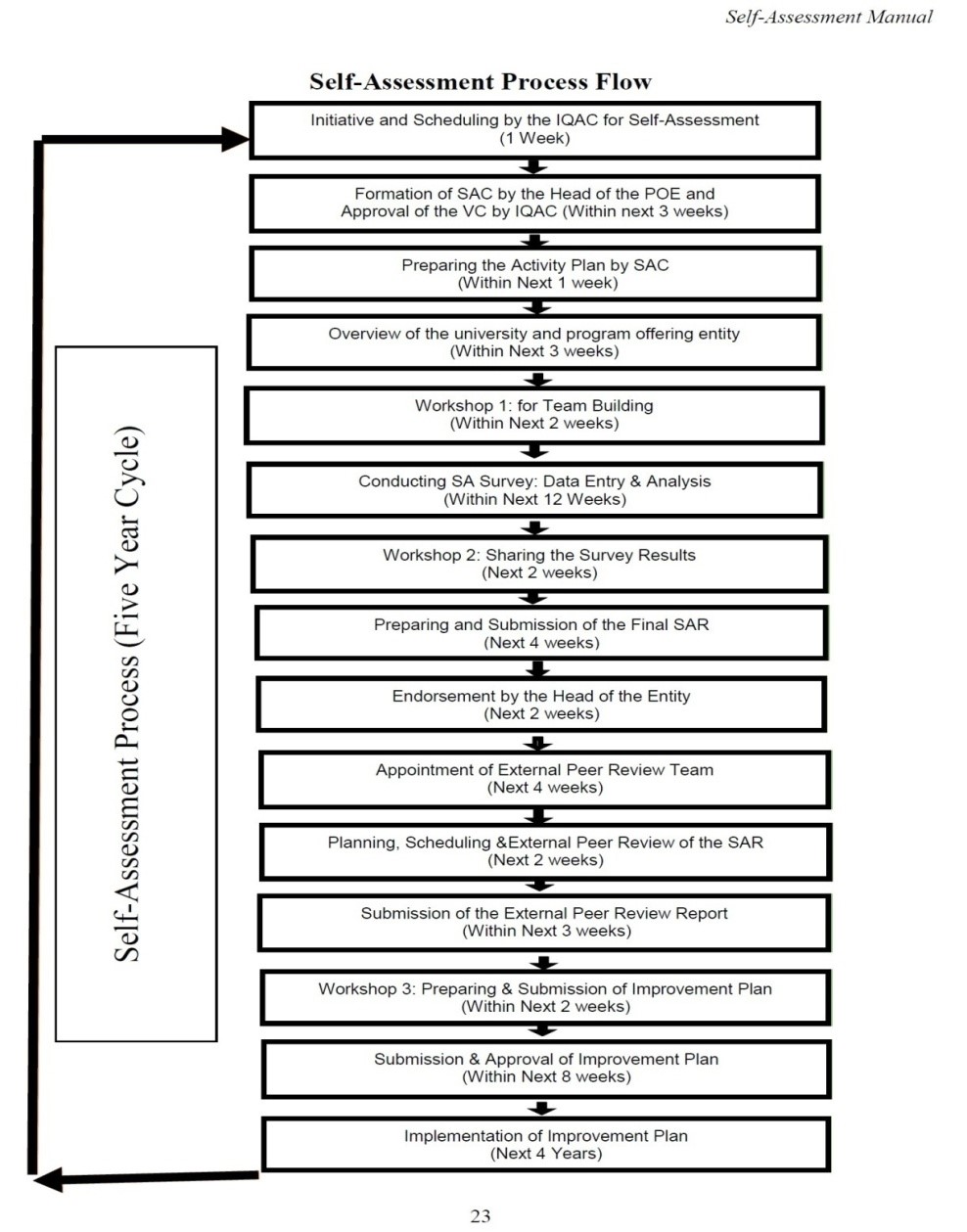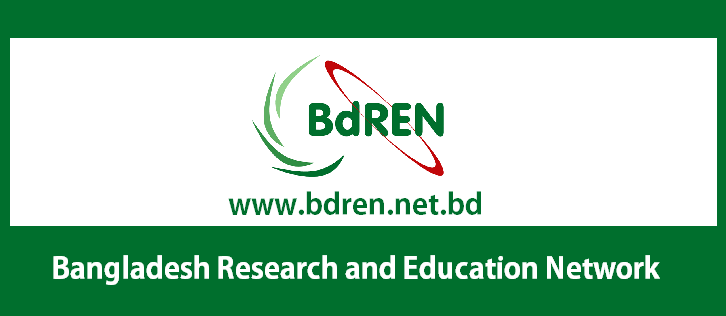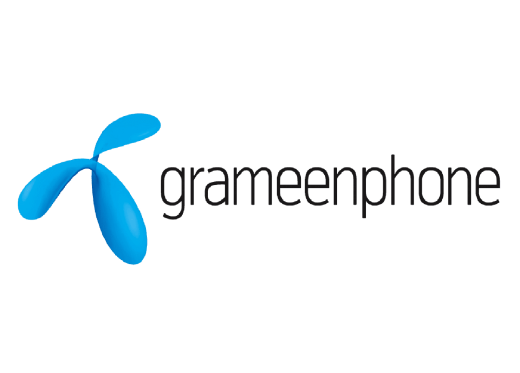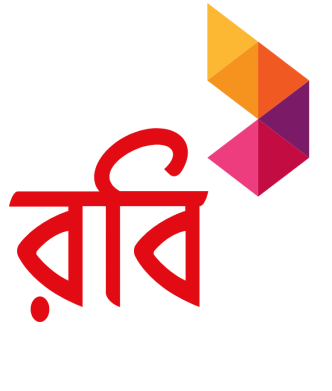Institutional Quality Assurance Cell (IQAC)
The Institutional Quality Assurance Cell (IQAC) of City University was established in January 2017 in order to ensure quality education at the tertiary level. IQAC was established as a project for a period of two years with financial assistance from HEQEP, UGC and the World Bank. IQAC has become a permanent organ of the University after completion of its operations and has been sustained and maintained under the revenue budget of the University. The authorities of City University have expressed total commitment to the project which has the ultimate goal of developing a quality culture within the University. Articulation of this goal is quite consistent with the prevalent policy of City University stating that when it comes to quality in teaching, we will make no compromise. Quality Assurance is not just about teaching, rather it is about a culture within the university that strives to improve quality at all aspects, at all levels, of the university programs, processes, and objectives. We see this as a continuous process of improving quality with no finish line.
With the support of University Grants Commission (UGC) and Higher Education Quality Enhancement Project (HEQEP), and the Institutional Quality Assurance Cell (IQAC) of City University, successfully completed the Self-Assessment Report (SAR) as well as the External Peer Review (EPR) to physically validate the report of self-assessment of the Faculty of Science & Engineering, Faculty of Business Administration and the Faculty of Arts and Social Sciences. The following department had gone through self-assessment process in 2018:- Department of Computer Science & Engineering
- Department of Textile Engineering
- Department of Business Administration
- Department of Textile Engineering
- Department of English
- Department of Law
IQAC of City University has invited several international scholars and organized several seminars and workshops to train the faculty members on developing effective, student friendly, mission consistent course descriptions, on conducting interactive classes, teaching through cases, etc. Further, several seminars were dedicated toward developing research skills of the faculty members.
Self-Assessment Process

Institutional Quality Assurance Areas
- Governance
- Curriculum Content, Design & Review
- Student Entry qualifications, Admission procedure, Progress and Achievements
- Physical Facilities
- Teaching – Learning and Assessment
- Student Support Service
- Staff and Facilities: Recruitment and staff development
- Research and Extension
- Process Management & Continuous Improvement
Bangladesh Accreditation Council (BAC) Standards for Accreditation of Academic Program
- Standard 1: Governance
- Standard 2: Leadership, Responsibility and Autonomy
- Standard 3: Institutional Integrity and Transparency
- Standard 4: Curriculum
- Standard 5: Teaching-Learning & Assessment
- Standard 6: Student Admission & Support Services
- Standard 7: Faculty and Professional Staff
- Standard 8: Facilities & Resources
- Standard 9: Research & Scholarly Activities
- Standard 10: Monitoring, Evaluation & Continual Improvement
Faculties and Departments at CITY UNIVERSITY
There are 11 (Eleven) department under 4 (Four) Faculties
1. Faculty of Science & Engineering
- Department of Computer Science & Engineering
- Department of Textile Engineering
- Department of Electrical and Electronic Engineering
- Department of Civil Engineering
- Department of Pharmacy
- Department of Mechanical Engineering
- Department of General Education (Non-Degree Offering)
2. Faculty of Arts and Social Sciences
- Department of English
- Department of Law
3. Faculty of Business and Economics
- Department of Business Administration
4. Faculty of Agriculture
- Department of Agriculture
**(underline) Higher Education Quality Enhancement Project (HEQEP) 2017-2018
City University Department Year of Establishment
| Department Name | Year of Establishment |
|---|---|
| Department of Business Administration | 2002 |
| Department of Computer Science & Engineering | 2002 |
| Department of Textile Engineering | 2005 |
| Department of English | 2007 |
| Department of LAW | 2009 |
| Department of Electrical and Electronic Engineering | 2012 |
| Department of Civil Engineering | 2016 |
| Department of Pharmacy | 2016 |
| Department of Mechanical Engineering | 2017 |
| Department of Agriculture | 2019 |
| Department of General Education (Non Degree Offering) | 2021 |
Full Membership with Bangladesh Research and Education Network (BdREN)

MOU Leading Telecom Operator
 |
 |
|---|
City University (Bangladesh) International Collaboration Memorandum of Understanding (MOU)
- STEKOM University, Indonesia
- Wuhan Institute of Technology, China
- City University Malaysia
- University of Malaysia Perlis

Outcome Based Curriculum Design and Development
University Grants Commission (UGC) has suggested reforming curricula at the higher education level to meet the challenges of the Fourth Industrial Revolution and bolster economic growth of Bangladesh. UGC has given necessary instructions to formulate curricula as per the latest developed template and criteria of OBE by implementing significant changes in the curricula. Institutional Quality Assurance Cell (IQAC) of City University had been organizing series of webinar workshop/training program for all the faculty members of all the Departments of City University since long. IQAC organized three days virtual webinar from September 26, 2021 to September 28, 2021 on "Bangladesh National Qualification Framework (BNQF)" and on "Outcome Based Curriculum Design and Development” based on the UGC and Bangladesh Accreditation Council (BAC) guidelines with expert resource persons from BAC.
In this context Invited Resource Person (Professor and OBC Expert) conducted OBC Development day-long in-person Workshop (15 November, 2021 to 8 January, 2022) with all faculty members of each department at City University.
According to the Memorandum No. 37.01.0000.172.40.001.20.56 (June 30, 2021) of the Bangladesh University Grants Commission, all the programs of the University follow the Revised Outcome Based Education (OBE) Curriculum Template based on the UGC and BAC guidelines of all their respective courses considering Bi-Semester system.
1. Faculty of Science & Engineering
- Department of Computer Science & Engineering
- Department of Textile Engineering
- Department of Electrical and Electronic Engineering
- Department of Civil Engineering
- Department of Pharmacy
- Department of Mechanical Engineering
1) BSC in Computer Science & Engineering (CSE)
1) BSC in Textile Engineering (TE)
1) BSC in Electrical & Electronic Engineering (EEE)
1) BSC in Civil Engineering (CE)
1) Bachelor of Pharmacy
1) BSC in Mechanical Engineering (ME)
2. Faculty of Arts and Social Sciences
- Department of English
- Department of Law
1) BA in English (Hons)
2) MA in English
1) Bachelor of Laws (LL.B Hons)
2) Masters of Laws (LL.M)
3. Faculty of Business and Economics
- Department of Business Administration
1) Bachelor of Business Administration (BBA)
2) Masters of Business Administration (MBA)
4. Faculty of Agriculture
- Department of Agriculture
1) Bachelor of Agriculture
